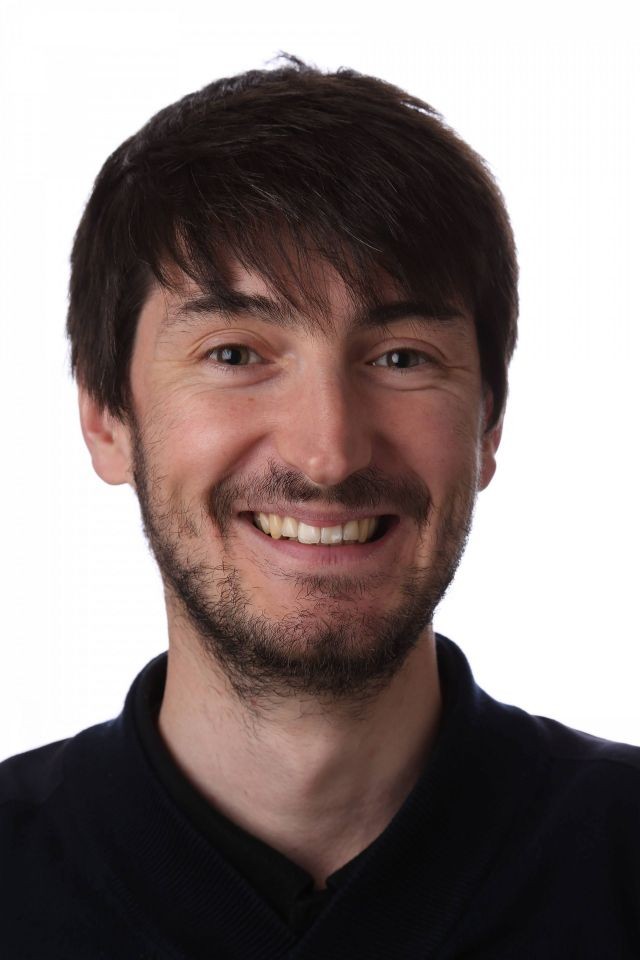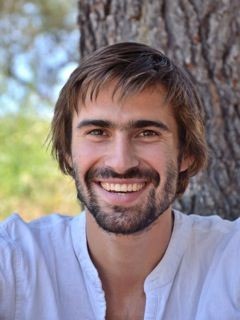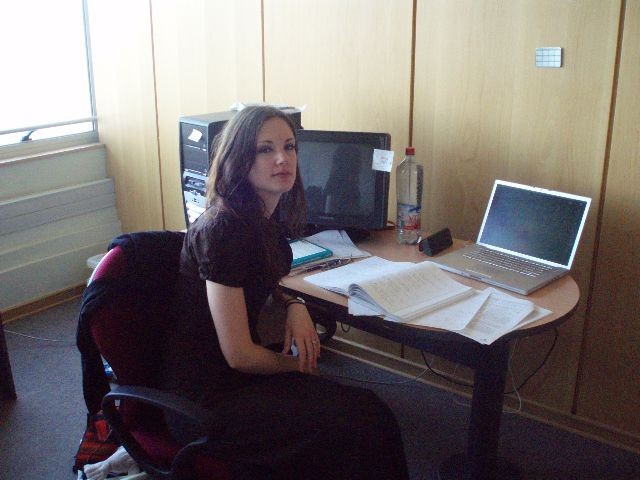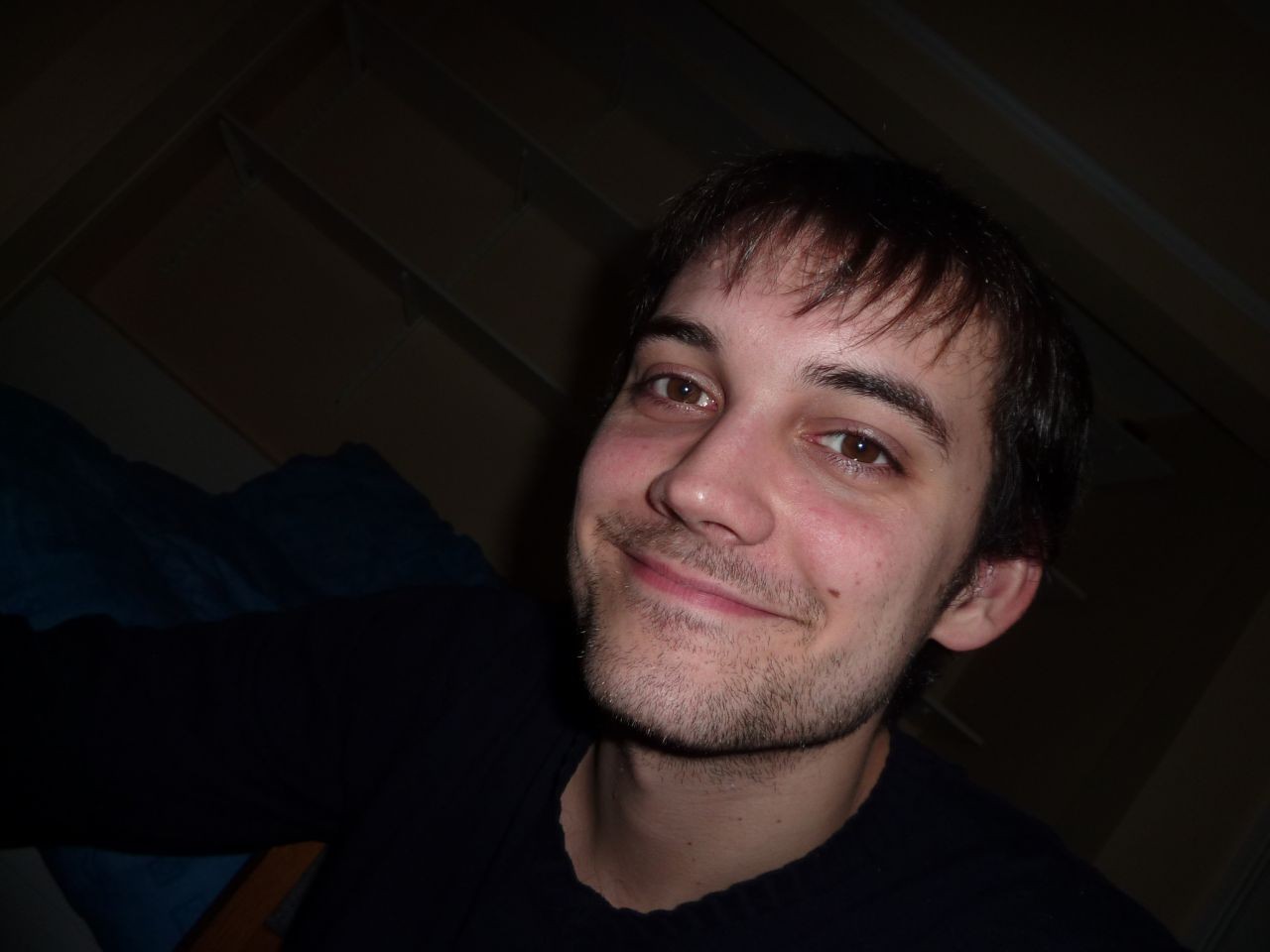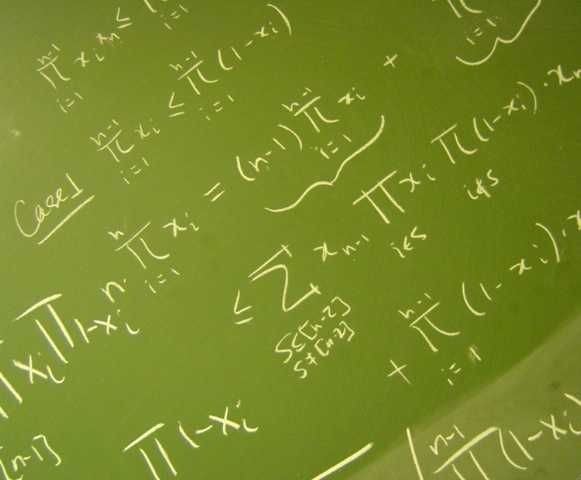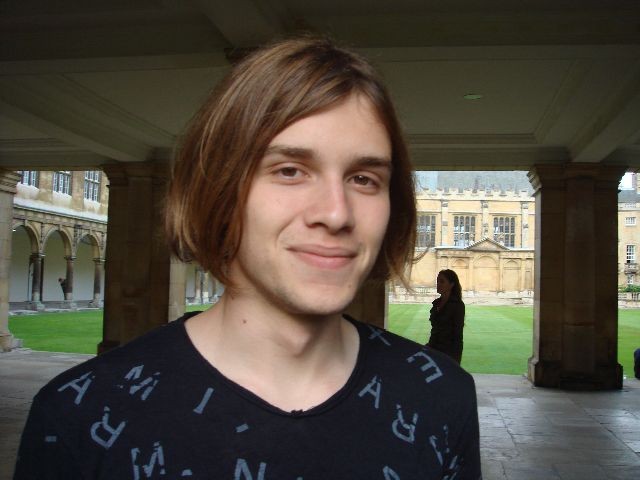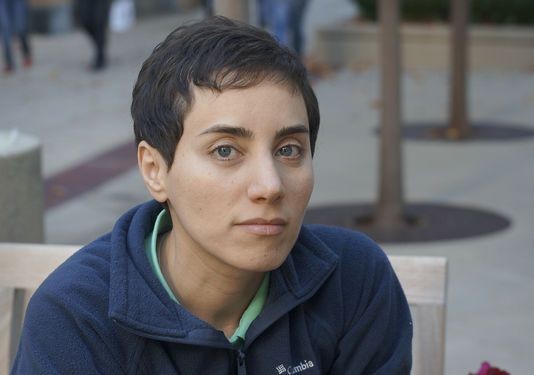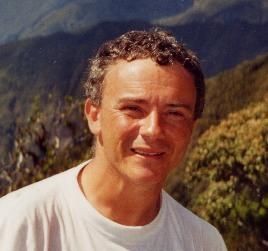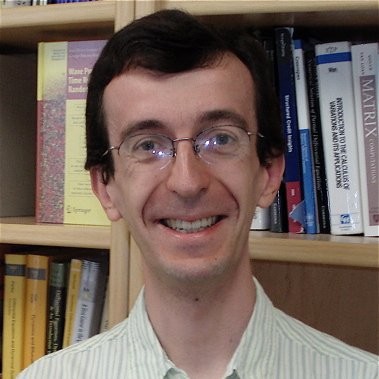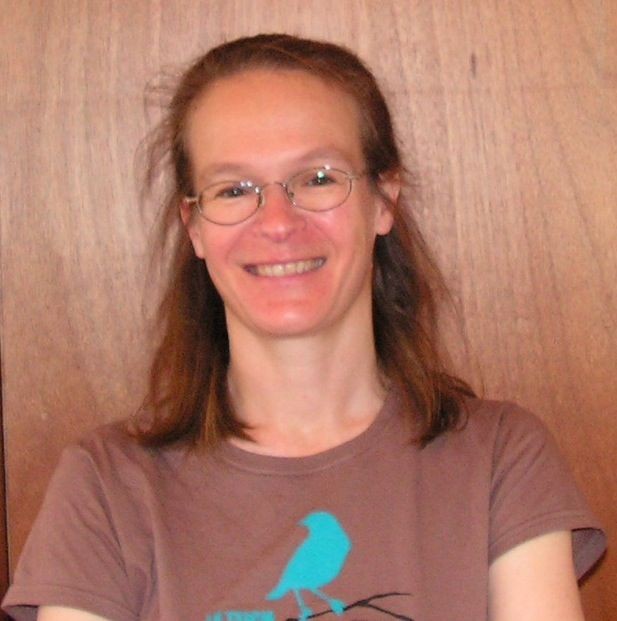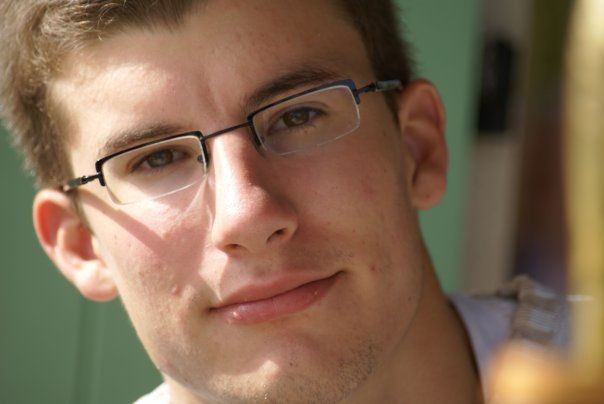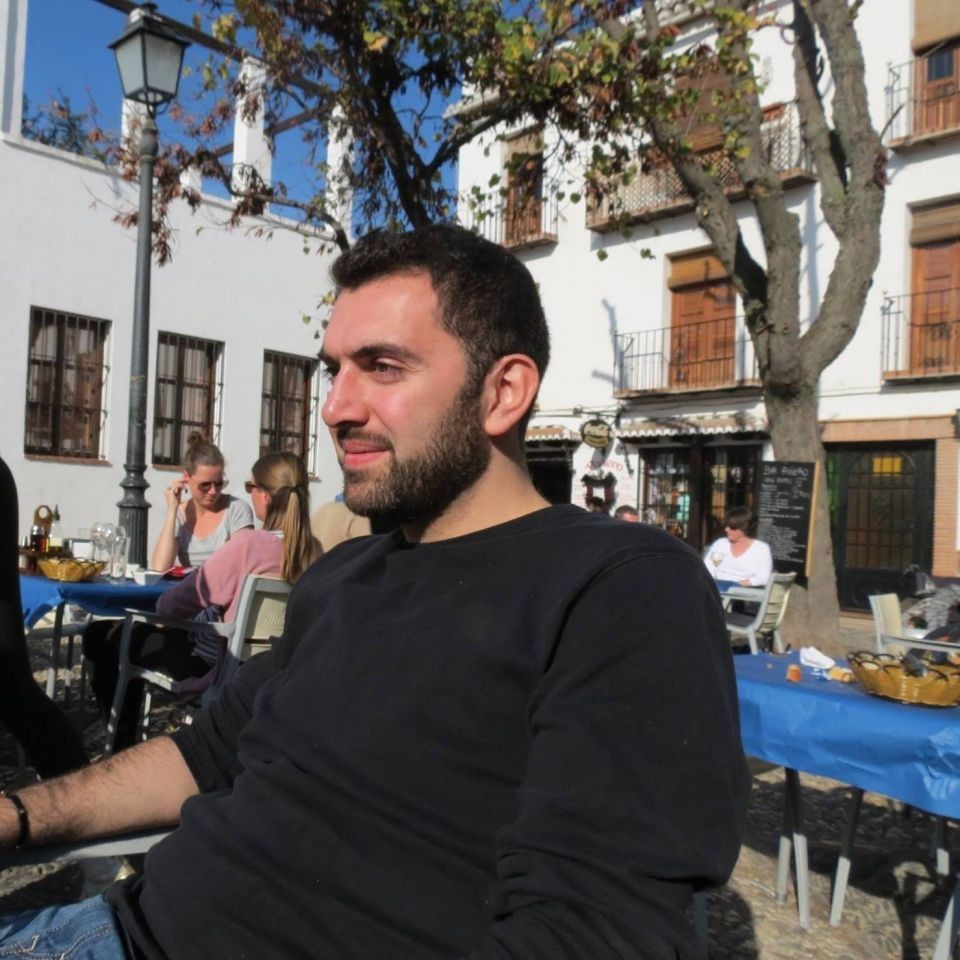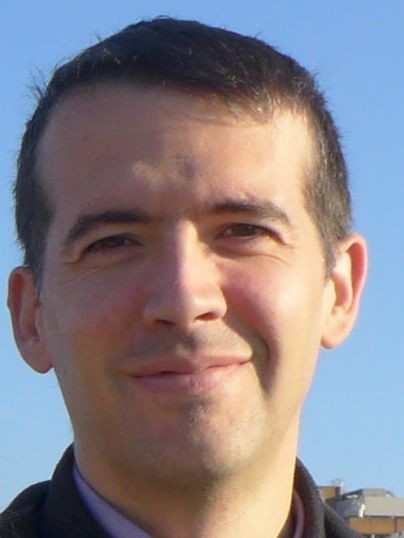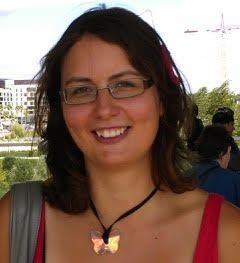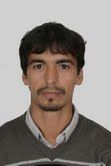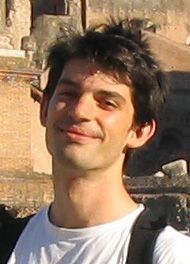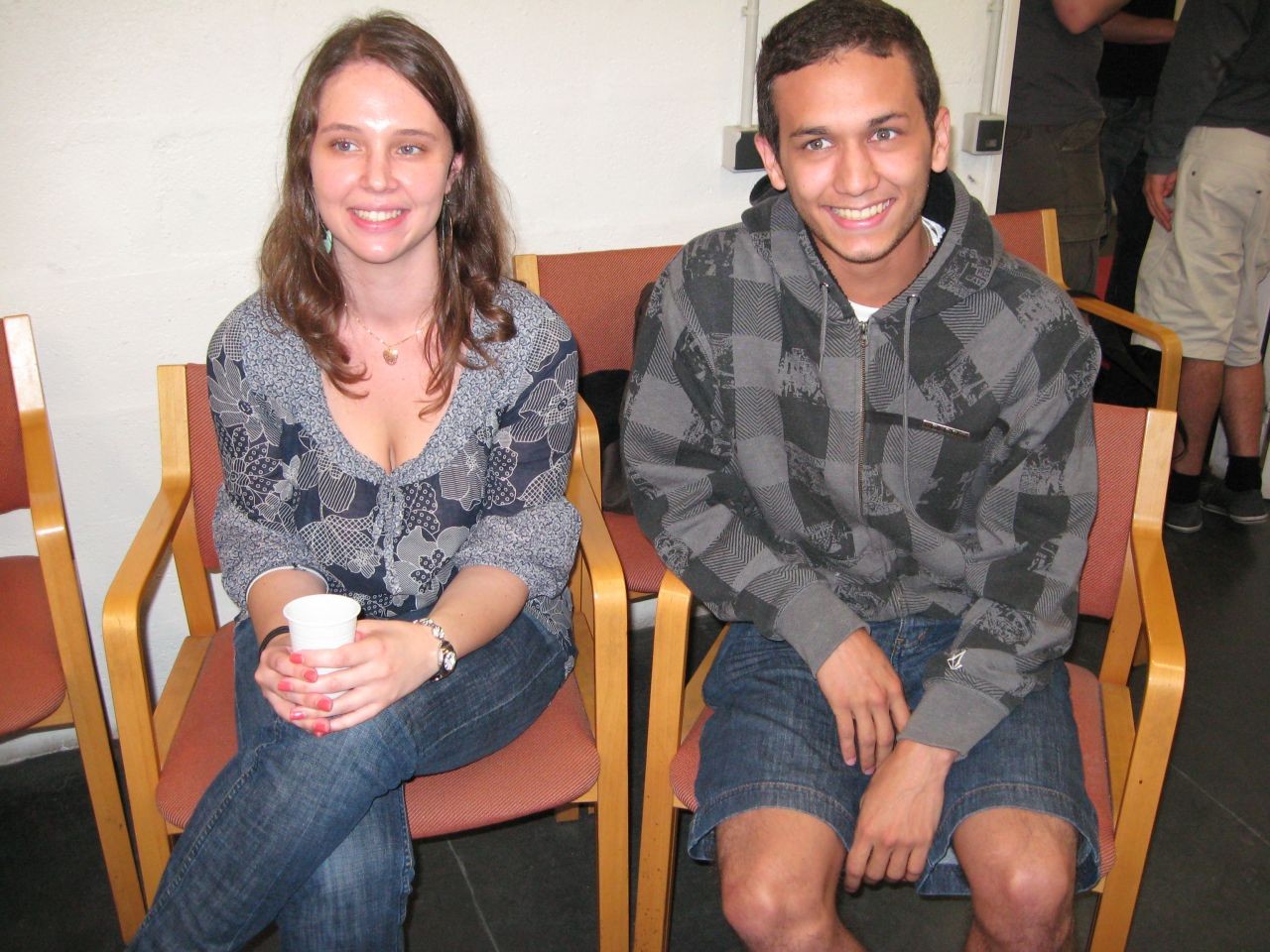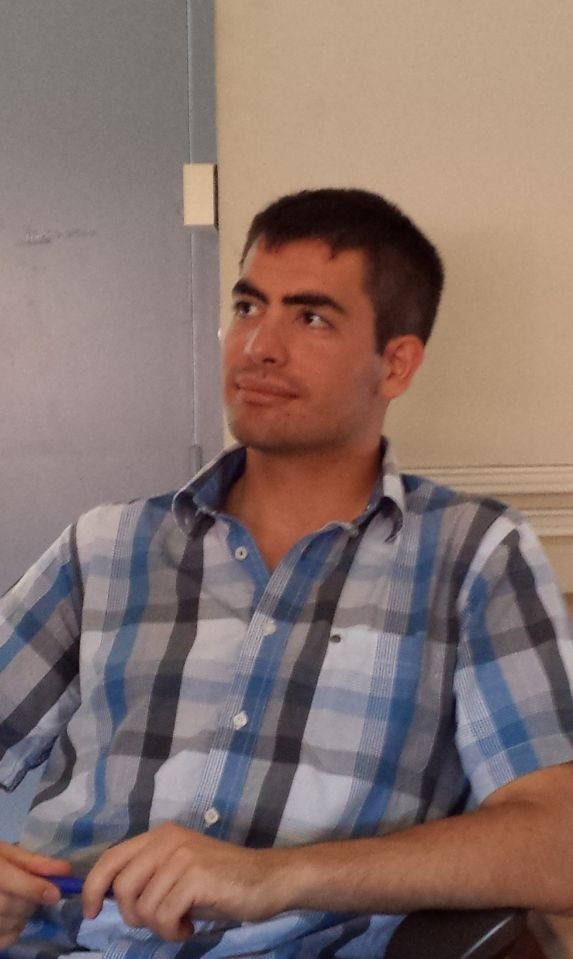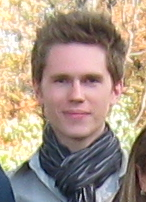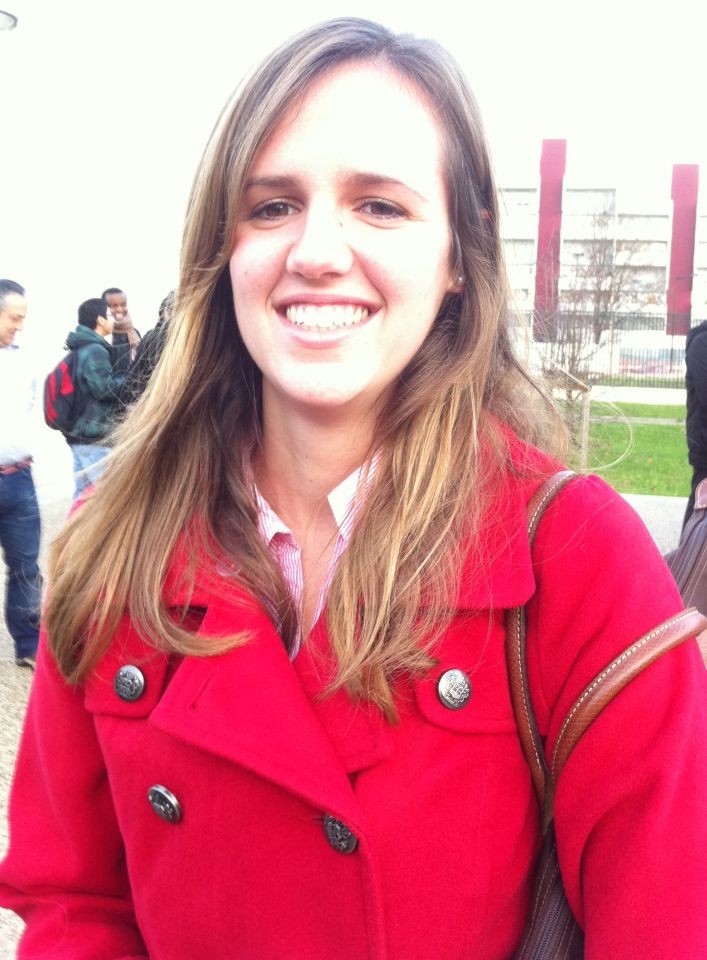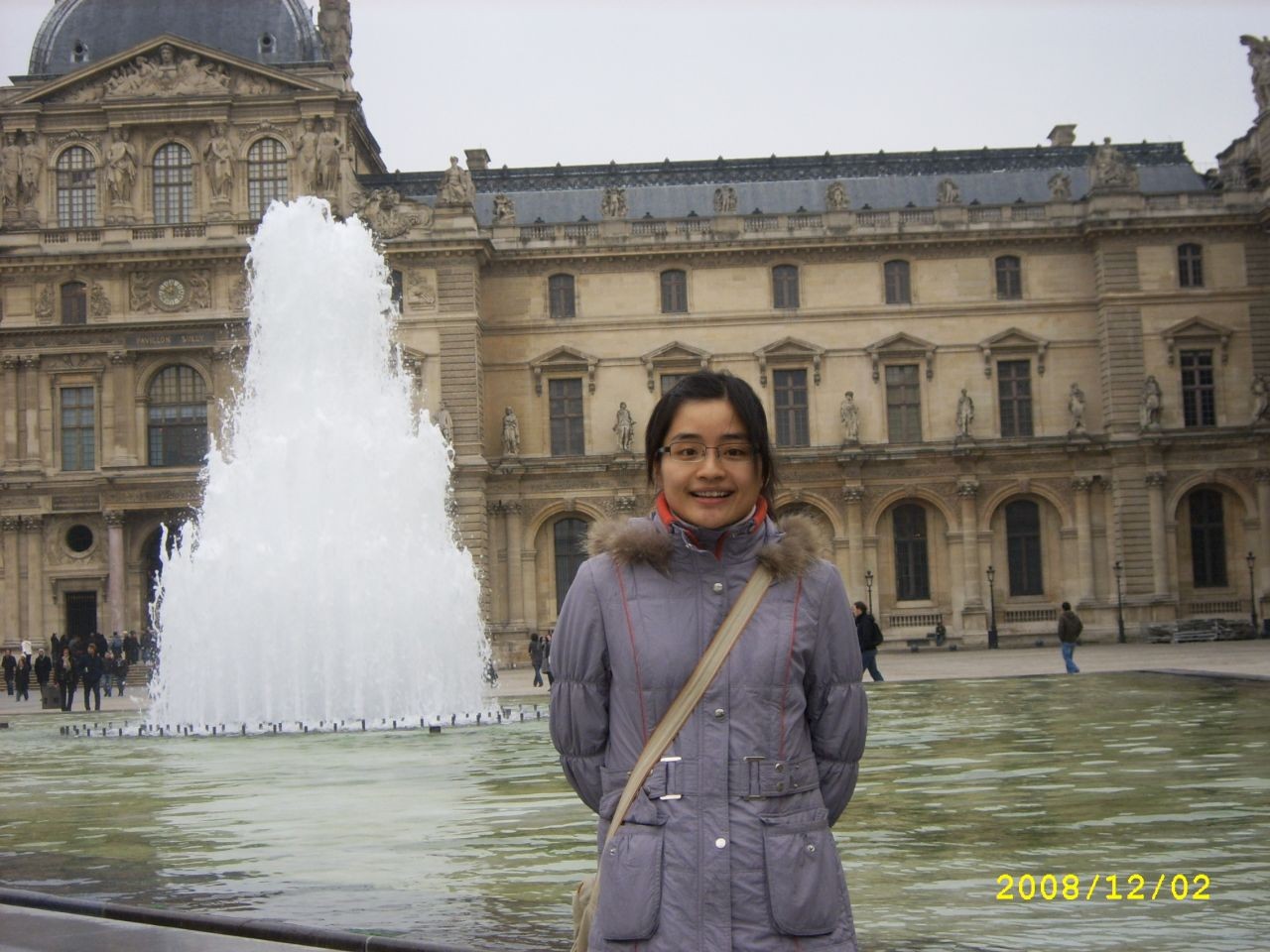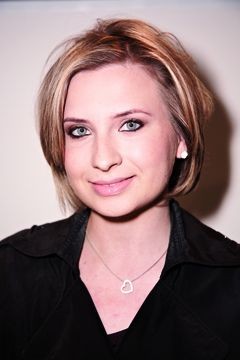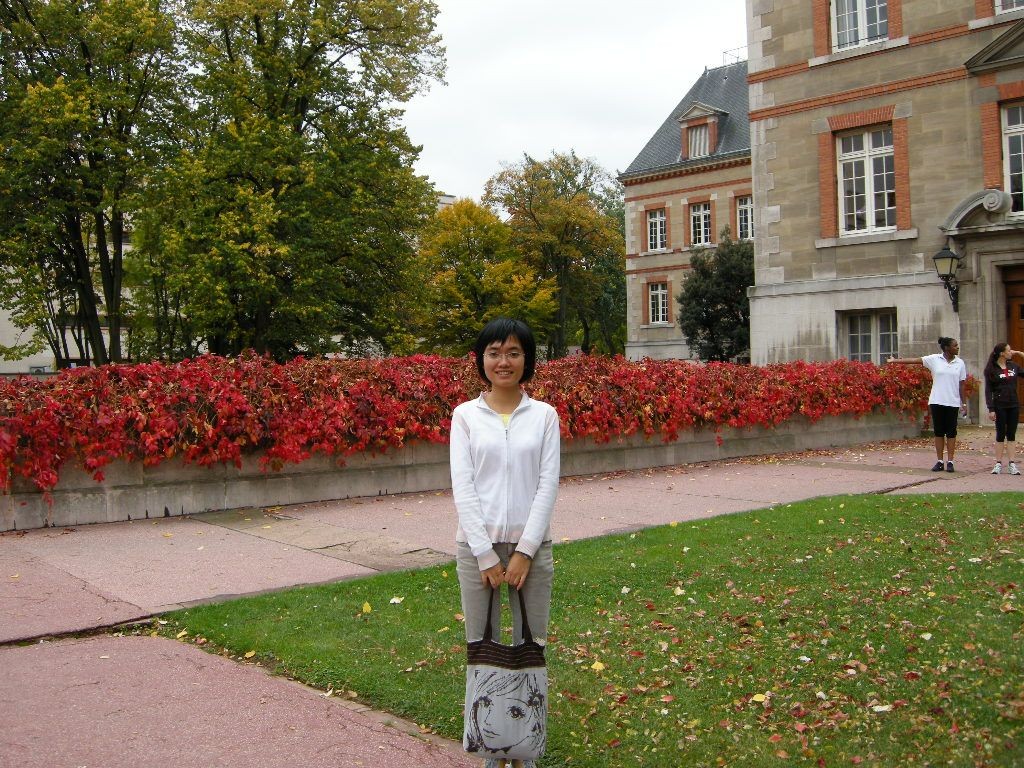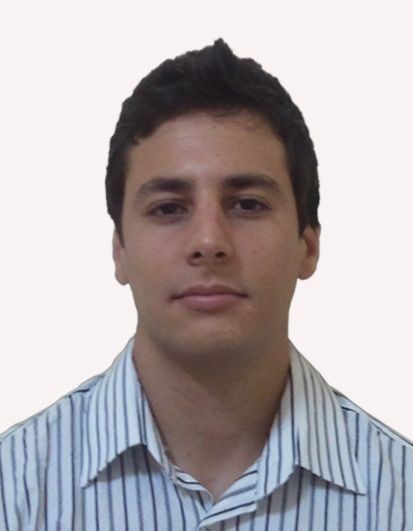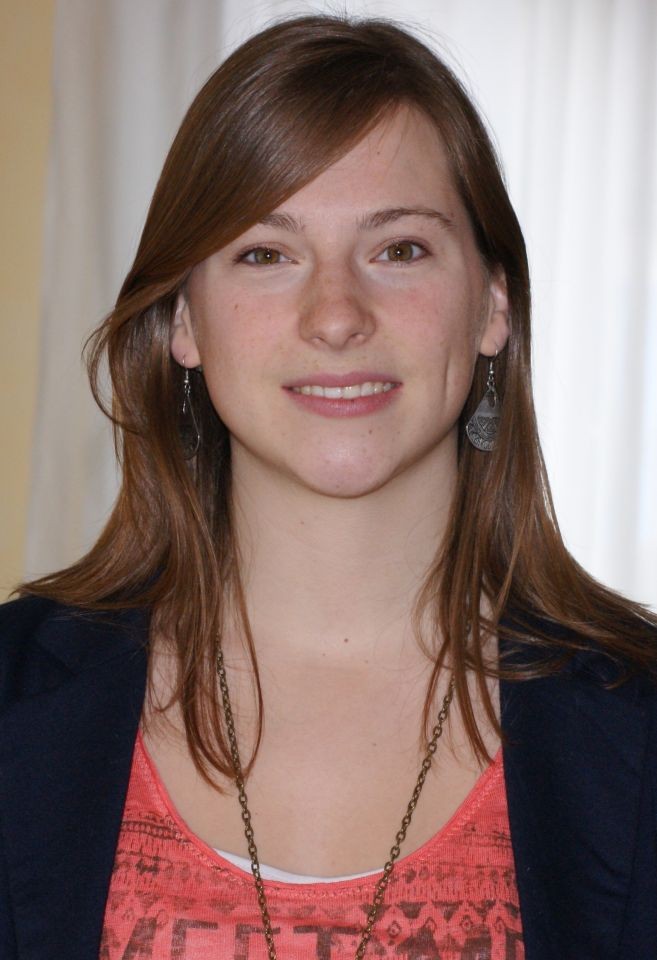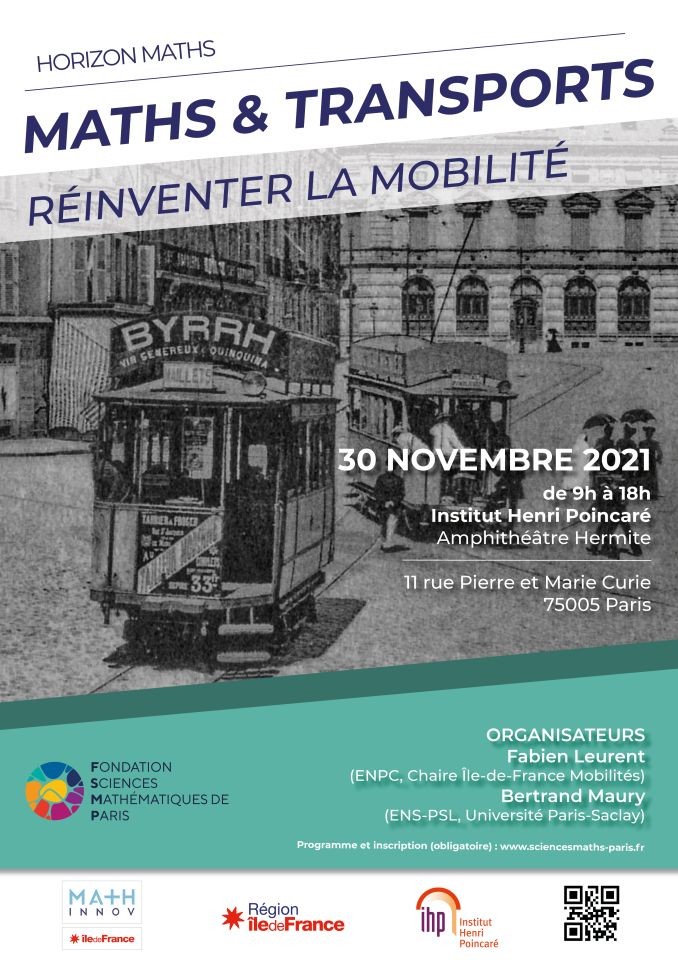
Cliquez ici pour télécharger l'affiche.
La journée Horizon Maths 2021, sur le thème Mathématiques et Transports, a eu lieu le mardi 30 novembre 2021 de 9h à 18h à l'Institut Henri Poincaré (11 rue Pierre et Marie Curie 75005 Paris, voir l'accès ici). Cette conférence était organisée sous la houlette de Fabien Leurent (ENPC, Chaire Île-de-France Mobilités) et Bertrand Maury (ENS-PSL et Université Paris-Saclay).
Programme
9h00 Accueil des participants
9h15 Présentation de la FSMP par Isabelle Gallagher, directrice de la FSMP, et introduction de la journée par les organisateurs Fabien Leurent et Bertrand Maury
9h30 Planification des réseaux : buts des études, outils et données, par Florence Prybyla (SNCF-Transilien)
10h10 Traçage massif par smartphone, par Sylvain Coppéré (Kisio consulting)
10h50 Pause café
11h10 Réconciliation multi-fidélité de données de mobilité communautaires et hétérogènes, par Gilles Corde (IFPEN) et Maxime Jean (IFPEN)
11h50 Discussion
12h30 Pause déjeuner
14h00 Introduction de session : Projet de Mobility Data Hub, par Géraldine Favre, Renouvellement de la chaire ENPC-IDFM sur la Mobilité territoriale, par Fabien Leurent (ENPC, Chaire Île-de-France Mobilités)
14h10 Transport optimal, analyse microscopique/analyse macroscopique, données eulériennes/données lagrangiennes par Bertrand Maury (ENS-PSL et Université Paris-Saclay)
14h50 Anticipation d’évènements : dimensionnement pour le trafic de foules par Anne Thiry-Müller (LCPP) et Etienne Pinsard (LCPP - Laboratoire de Mathématiques d’Orsay, Univ Paris Saclay) ; Simulation de foules : état de l’art des outils et des études, par Bachar Kabalan (Movement Strategies – GHD).
Séance commune de Questions / Réponses
16h00 Pause café
16h20 Théorie des jeux à champ moyen et problème d’évacuation de piétons, par Yves Achdou (Université de Paris)
17h Table ronde : Enjeux de mobilité, besoins de simulation, apports des mathématiques, animée par Fabien Leurent et Bertrand Maury avec des intervenants de la Région Ile de France, de la RATP, de l'ENPC, de GeoTwin
18h00 Fin de la journée
Vidéos
Présentation de la FSMP par Isabelle Gallagher, directrice de la FSMP, et introduction de la journée par les organisateurs Fabien Leurent et Bertrand Maury



